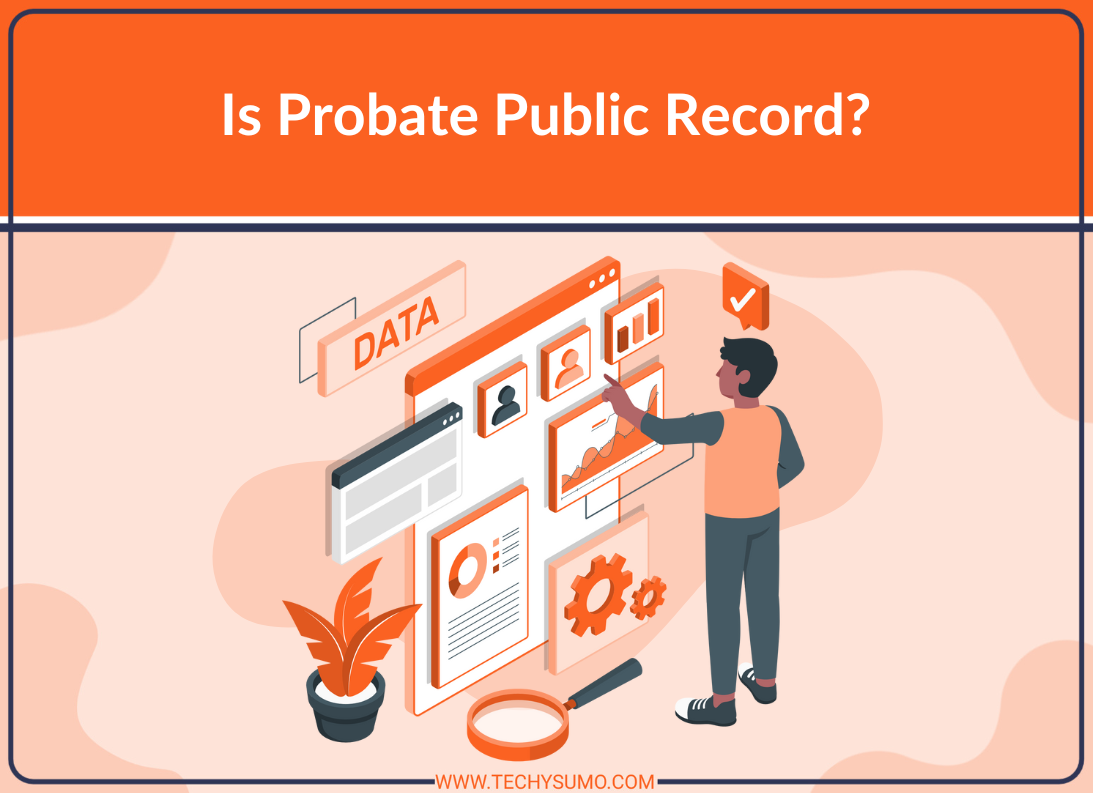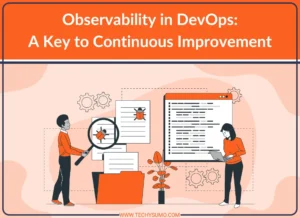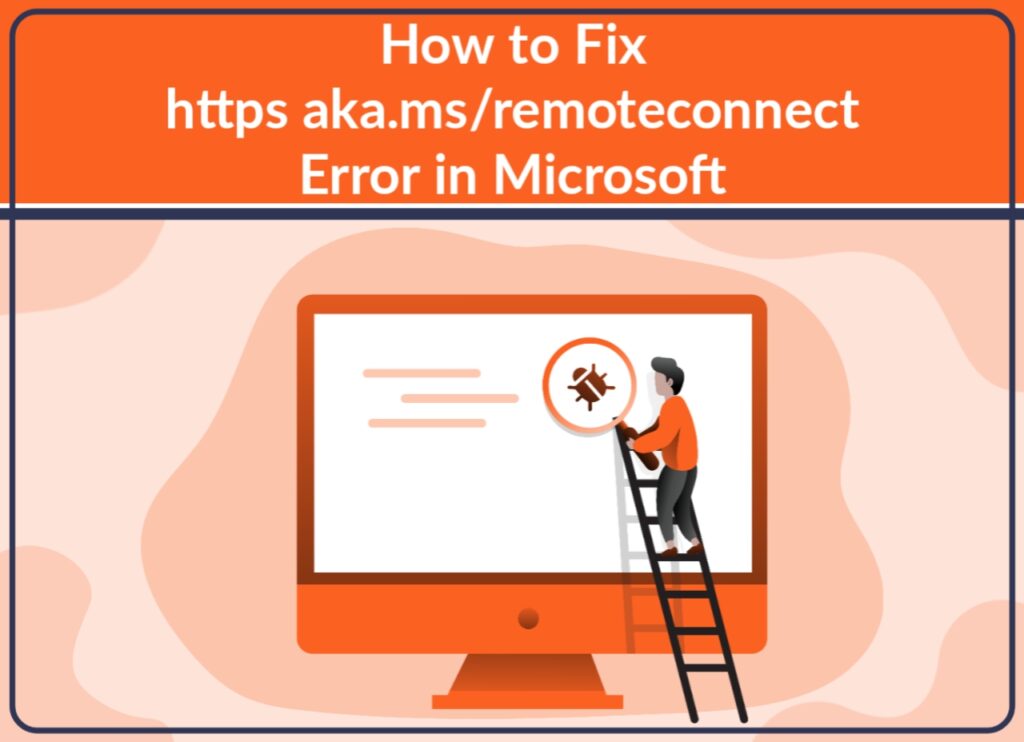Probate can be a stressful legal process, made even more complex by the challenging emotions that are often associated with someone’s passing and the division of their assets. When dealing with a probate, you will often need the help of an attorney or an estate planning professional to help guide you through this process. You may also be wondering whether or not probate is public record in your state. Our article answers this question and gives you further details about probate and public records.
Table of Contents
What Is Probate?
Probate is the legal process that occurs after a person dies. This process involves the division of assets and the estate of the deceased, and it may occur with or without a will. There are many legal complexities involved in the probate process, including distributing assets to beneficiaries, paying off debts, and dealing with taxes. In most cases, an attorney will be necessary to help with the execution of the will or the legal division of assets when no will is present.
Should You Try to Avoid Probate?
Many people may want to try and avoid probate if possible, as this process can be lengthy and expensive. While probate can help ensure fair distribution of assets, and it may be necessary in cases where the deceased does not leave behind a will, it can take months or even years to complete. Individuals who stand to inherit certain assets may not be happy about waiting this long, and many individuals do not want to deal with drawn-out court processes and expensive court and lawyer costs.
However, at the end of the day, whether or not you try to avoid probate is a personal decision for your will, or one to discuss with your loved ones.
Is Probate Public Record?
Probate is a public process, as it involves public court filings. While states do vary on which parts of the probate are considered public record, it is typically expected that the following items will be available to view by the public:
Also Read
- Inventory of assets the deceased left behind
- The name of the beneficiaries listed in the will
- The Last Will and Testament in full documentation
- All court filings, such as motions, application documents, and legal challenges
Sensitive information like the names of minors and financial information are hidden from these documents, but, otherwise, everything is publicly accessible. One of the main reasons that many choose to avoid probate is to keep their information and financial details private.
You can find these documents by reaching out to government organizations or using a public records search engine.
Can I Hide Probate From the Public Record?
You can only hide a probate from the public record if you avoid probate in the first place. Once the probate process starts, all court filings and application documentation can be considered public record and may be made available to the public.
Speak to an estate planning attorney ahead of time if you or a loved one wishes to avoid probate in the future.
What Should I Do When Estate Planning to Avoid Probate?
There are a few different ways to navigate around probate when estate planning, and you will generally need an estate planning lawyer to help you understand your options. Everyone’s situation is different, and you will need situation- and state-specific advice.
In general, you can avoid probate by utilizing trusts, joint ownership of certain assets, and clear documentation, such as a Last Will and Testament that names beneficiaries for things like retirement accounts and insurance policies. Establishing an executor of the will can also help you avoid probate.
Keeping Your Probate Off Public Record
Probate is often a challenge to navigate, and it can take months or even years for debts to be paid, assets divided, and beneficiaries located after a person passes. All court filings, documentation, and asset inventory included in the probate process can be considered public record, which means any member of the public can find these details with a quick search of your county courthouse’s records.
If you wish to keep your probate off public record, you will need to avoid probate in the first place with the help of experienced estate planning and plenty of consideration for the future.






